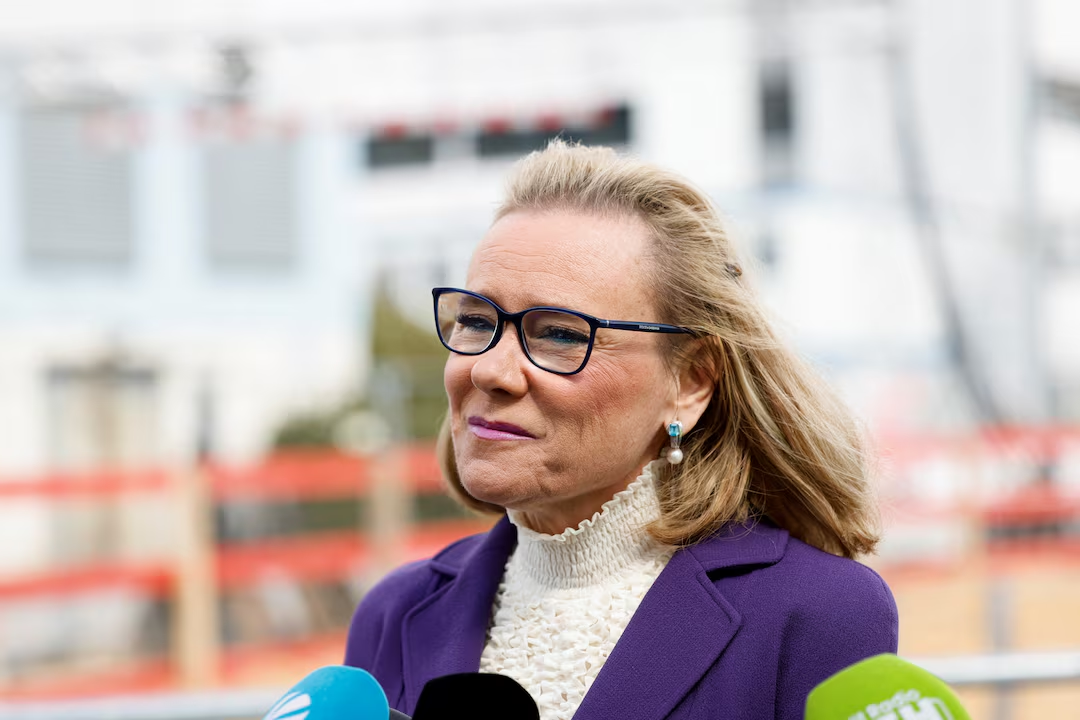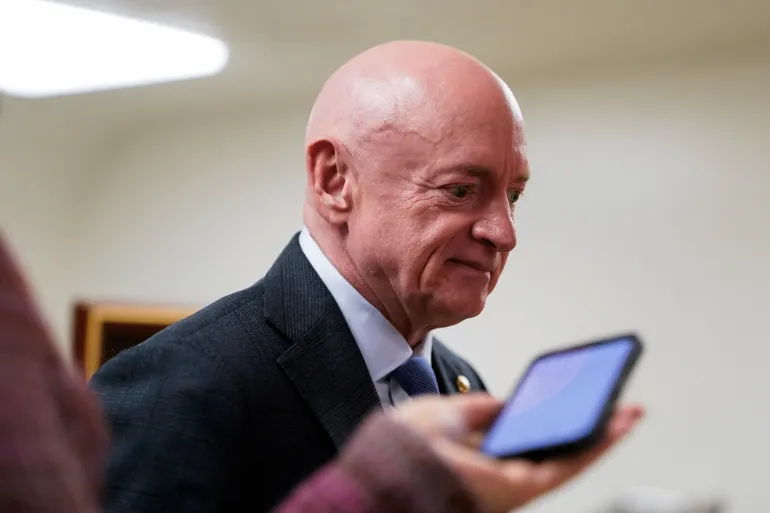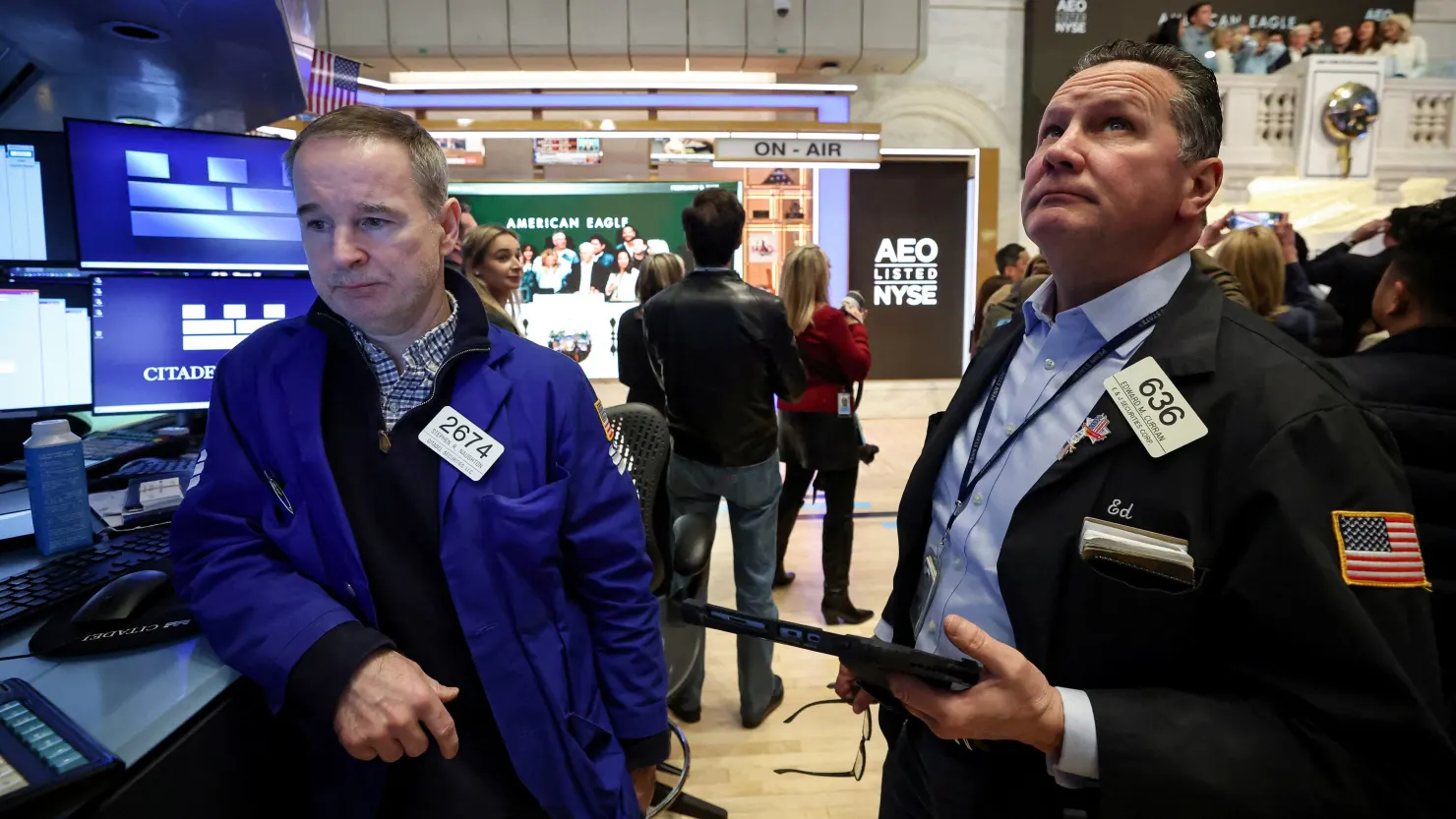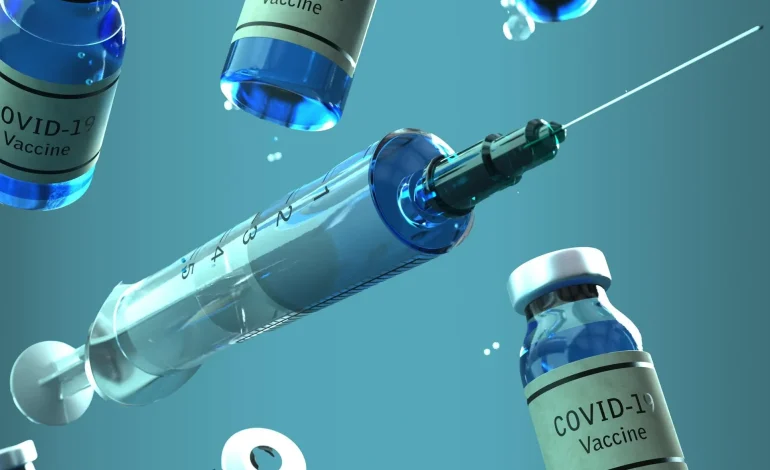Remember August 2021? Moderna and BioNTech were the darlings of Wall Street, minting profits as governments footed the bill for mass Covid-19 vaccinations. On August 9 that year, the duo topped out at a combined $304 billion in market value — Moderna alone at $195 billion, briefly outranking Merck despite having a fraction of the revenue. Forbes counted eight new billionaires tied to the two firms worth $116 billion in total, from BioNTech’s early backers Andreas and Thomas Struengmann at $31 billion apiece to Moderna president Stephen Hoge at $2.6 billion.
That tide has gone out. As booster uptake sank and public buyers pulled back, the trade unraveled: Moderna sits about 95% below its peak, BioNTech roughly 78% off. Only five of those eight billionaires still clear ten figures and together they’re worth $28.8 billion — less than a third of their 2021 haul. Analysts say sentiment took another leg down after President Donald Trump tapped vaccine skeptic Robert F. Kennedy Jr. to run health and human services, giving him effective sway over FDA and CDC policy. Kennedy’s housecleaning — sacking senior health officials, replacing the entire ACIP panel with far less seasoned voices including outspoken Covid-shot opponents — added another layer of uncertainty. Even with FDA greenlighting the latest updated vaccines, the agency limited them to adults 65 and older, while younger people are advised to get them only if at high risk. ACIP flirted with requiring prescriptions for boosters before backing off, but the message to consumers and payers was already muddled.
The fundamentals weren’t pretty before the politics. Usage collapsed in late 2021 and through 2022 as the emergency phase ended. By October 2022, only 34% of Americans had taken a booster, down from the roughly 80% who got at least one dose; globally, 32% had a booster by December 2023 compared to 67% who completed an initial series. The 2023–24 season didn’t reverse that trend: CDC data show just 23% of Americans boosted by August 2024, with only 40% uptake among those 65 and older. For companies still overwhelmingly tied to a single product, that’s a revenue cliff. Last year 95% of Moderna’s $3.2 billion in sales came from Covid vaccines; for BioNTech it was 88% of $3 billion. Guidance reflects the squeeze. Moderna now pegs 2025 revenue at $1.5–$2.2 billion, which implies a drop of about a third even at the top end, and some on the Street think they’ll land near the bottom. BioNTech projects $2.0–$2.6 billion this year, still down about 20% from 2024.
Market structure makes the pain uneven. BioNTech shares the Covid franchise with Pfizer, splitting profits but also spreading risk across geographies and locking in multi-year European government contracts. Moderna carries more US exposure — 56% of its Covid revenue came from America last year — while Pfizer/BioNTech together command about 60% of the U.S. market to Moderna’s roughly 40%. Capital allocation has also diverged. Moderna spent $5.3 billion buying back its stock since 2021 and about $16.2 billion on R&D, leaving $7.5 billion in cash and securities as of June; with hindsight, even friendly analysts wince at the buybacks. BioNTech, by contrast, kept its war chest near $19 billion while plowing $8.9 billion into R&D, only modestly nibbling at buybacks and paying a one-time special dividend.
Pipelines tell two different stories. BioNTech, founded by oncologists, is pivoting hard back to cancer. It paid $800 million for China’s Biotheus to acquire BNT327, an antibody aimed at revving the immune system against tumors, and took a $1.5 billion upfront from Bristol Myers Squibb to co-develop it on a 50/50 basis — an echo of the risk-sharing that cushioned its Covid ride with Pfizer. Investors, weary of respiratory season drama, seem eager to value that oncology turn on its own merits. Moderna remains more concentrated in respiratory shots. Beyond Covid, its only marketed product is an RSV vaccine that produced just $27 million in sales after approval in May 2024, hampered by narrower FDA and CDC recommendations than many expected. A hoped-for combo flu/Covid shot also hit regulatory speed bumps. The company is spending aggressively to broaden the platform, but for now it is still handcuffed to a shrinking Covid market.
Politics keeps intruding on the spreadsheets. The sector soared under Trump’s Operation Warp Speed; it’s now struggling under the optics of an HHS secretary who questions vaccine orthodoxy and agencies edging toward tighter eligibility. The flip side is how quickly that wind could change. In a world where presidential whims drive headlines, even seasoned analysts joke that if Trump decided he wants a Nobel for Warp Speed and cuts RFK loose, the trade could rip in a hurry.
The broader takeaway is less glib. Two companies that mastered a technology under crisis conditions spent the next three years trying to turn emergency-driven demand into a durable business model. They were whipsawed by human behavior, politics, and the realities of prevention markets where a shot needs not only regulatory approval but also clear recommendations, reimbursement, and public trust. BioNTech bought time and options by hoarding cash and partnering into oncology. Moderna bet bigger on its own balance sheet, buybacks and respiratory scale — and now has less room for error. Both are still, for the moment, tethered to Covid sentiment and Washington’s posture. Until usage stabilizes or pipelines unhook the story from seasonal boosters, the comedown from 2021’s euphoria will continue to write itself into the share price — and into the net worth columns of the billionaires who once seemed untouchable.
The original story by Giacomo Tognini for Forbes.










The latest news in your social feeds
Subscribe to our social media platforms to stay tuned